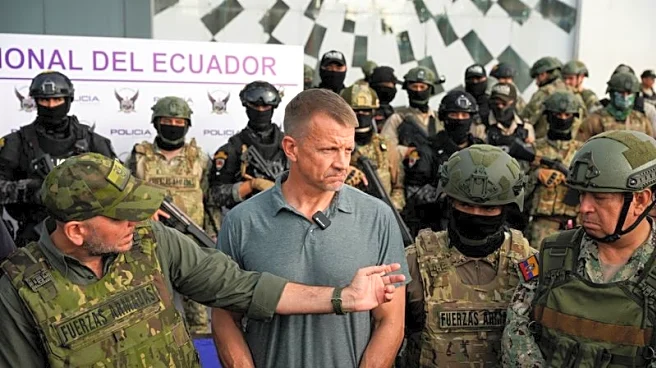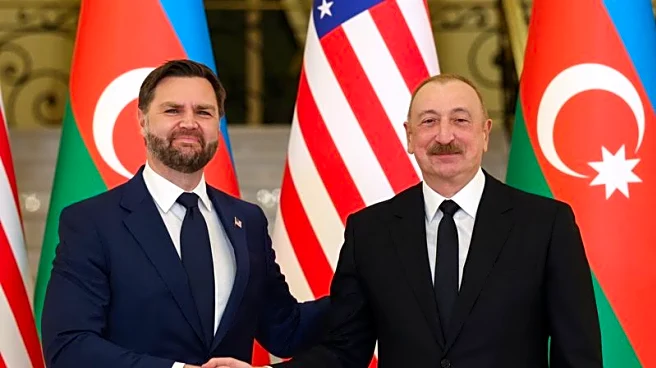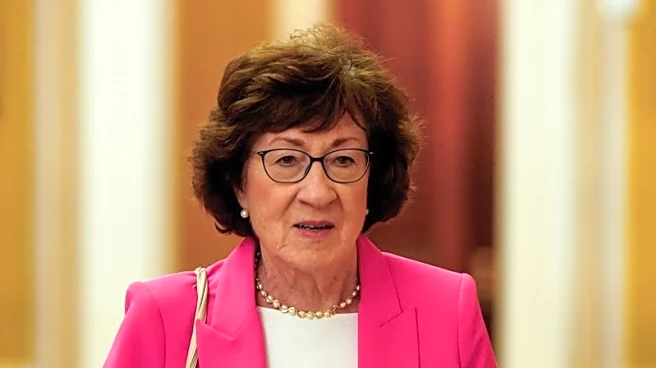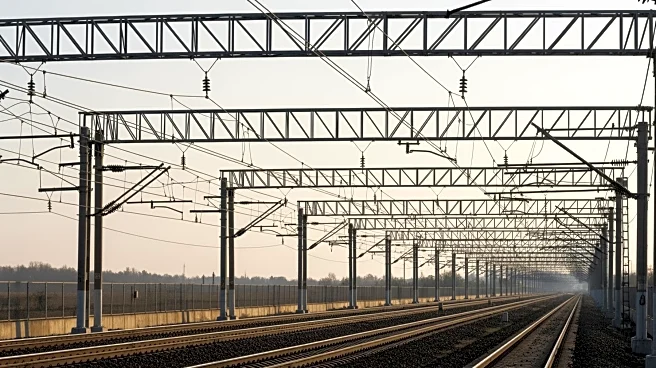Rapid Read • 8 min read
UEFA has announced a change in the kickoff time for the men's Champions League final, moving it forward by three hours to a 6 p.m. start in central Europe, which corresponds to noon Eastern Time in the United States. This adjustment is aimed at making the event more accessible for families and children, facilitating easier use of public transport post-game, and allowing fans to celebrate in host cities. The change will be implemented at the next final scheduled for May 30 at Puskas Arena in Budapest, Hungary. Previously, the final's 9 p.m. local kickoff time often resulted in games extending past midnight if they went into extra time or required a penalty shootout.
AD
The decision to adjust the kickoff time is significant as it aligns with a more accessible broadcasting window, potentially increasing the global television and digital audience, particularly among younger viewers. This move reflects UEFA's commitment to enhancing fan experience and engagement, addressing logistical challenges associated with late-night events. By making day trips more feasible and reducing travel stress, UEFA aims to improve the overall experience for attendees and viewers, fostering greater participation and enjoyment of the Champions League final.
The new kickoff time is expected to be a permanent change, with UEFA likely to continue collaborating with fan groups like Football Supporters Europe to ensure the event remains accessible and enjoyable. This adjustment may set a precedent for other major sporting events, encouraging organizers to consider fan convenience and accessibility in scheduling decisions. Stakeholders, including broadcasters and sponsors, may also adapt their strategies to capitalize on the broader audience reach facilitated by the earlier kickoff.
This change could influence broader trends in sports event scheduling, highlighting the importance of fan-centric approaches in the industry. It may prompt discussions on how other sports leagues can optimize event timings to enhance accessibility and engagement, potentially leading to shifts in traditional scheduling practices.
AD
More Stories You Might Enjoy












